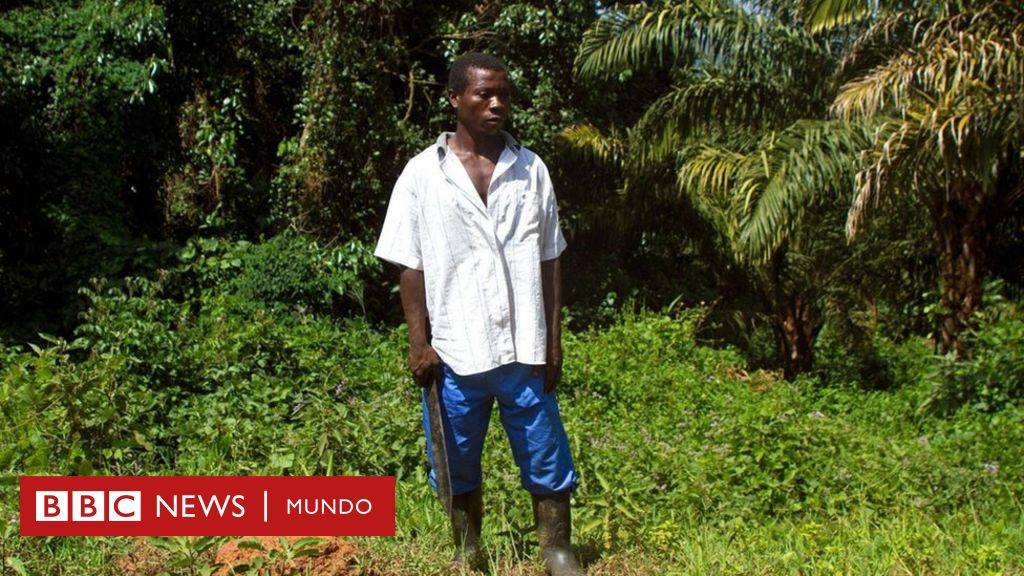Colombia has joined the United Nations’ global commitment to reduce plastic that reaches the oceans
:quality(85)//cloudfront-us-east-1.images.arcpublishing.com/infobae/3B2W5RBUQFEOPB3BFX2UTY7NTQ.jpg)
The United Nations (UN) announced that Colombia, along with Canada, Greece, Italy, Norway, the Republic of Korea and Uganda, as well as the subnational governments of the city of Paris and the region of central Greece and the Basque Country will join the Global commitment to the new plastics economy.
The announcement of the accession came during the “One Ocean” summit held in Brest, France. The agreement is led by the Ellen MacArthur Foundation, in collaboration with the United Nations Environment Programme. With a global commitment, companies and governments are committed to changing the way plastics are produced, used and reused.
In line with this, the United Nations has made clear the importance of governments like Colombia joining its initiative since then The world throws 11 million tons of plastic into the oceans every year And “the scientific findings demonstrate the urgent need to act against pollution from this garbage and highlight that it is a crisis that cannot be addressed by mere recycling.”
During the event, the President of the Republic, Ivan Duque, explained national initiatives such as the expansion of 16 million hectares of ocean protected areas; Program to restore one million coral reefs and strategies to reduce the use of unnecessary plastics and encourage sustainable fishing.
This year 2022 we will announce 30% of our marine land as a protected area. We will present the file to UNESCO so that the Gulf of Triboga is recognized as a biosphere heritage of our humanity. Duque announced, We’ll start with Conservation International, scale and drop our goal of protecting one million coral reefs.
You may be interested in: This is how they turn shipwrecked wood into handicrafts in Atlantico
The United Nations Environment Program (UNEP) has called for a Systematic shift Which leads to a circular economy.
UNEP encourages governments and other stakeholders to participate ambitious national action To create a circular economy for plastics,” said CEO of that agency, Inger Andersen.
In this economic model, Plastics never turn into waste Thus, the pollution they cause, especially in the oceans, is greatly reduced.
This is how the Global Commitment to the New Plastics Economy builds on a voluntary framework that directs countries “to implement concrete measures in order to accelerate the systemic transition towards a circular economy for plastics.”
“The goal is Reduce production of these materials by 55% by 2040which will save about $70,000 million for governments between now and then.” Similarly, it seeks to reduce greenhouse gas emissions by 25% and create 70,000 jobs, mainly in developing countries.
According to the UN agency, the circular economy can also Reduce the amount of plastic that ends up in the sea by more than 80% by 2040.
“If decisive action is not taken immediately, solid plastic waste will double and the plastic stock in the ocean will double It will quadruple In the same year, the international organization clarified and emphasized at the same time that “if existing commitments of governments and industries are maintained, marine plastic waste will It will only decrease by 7% for the year 2040.
Read on:

“Award-winning zombie scholar. Music practitioner. Food expert. Troublemaker.”





/cloudfront-eu-central-1.images.arcpublishing.com/prisa/X33WQ3GSYFF3DBKJDAVIGHN3DA.jpg)




